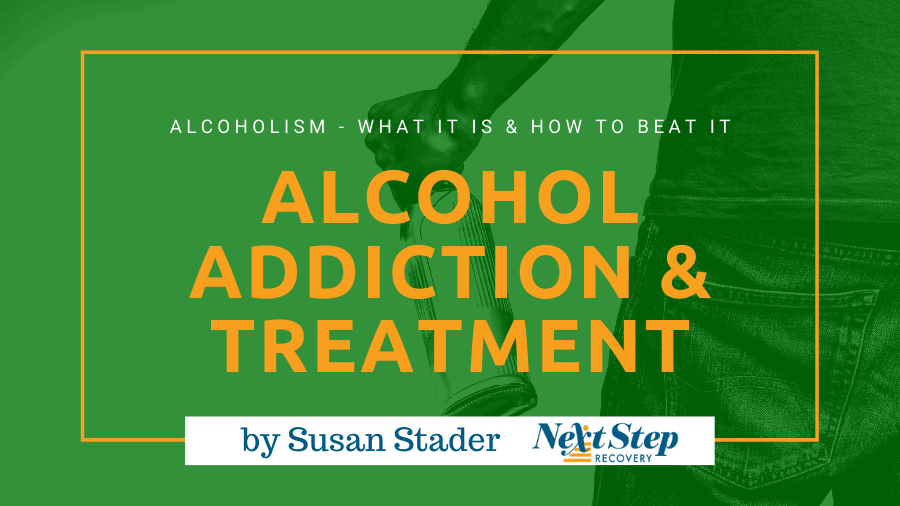A growing body of clinical proof points to a much more rational and reliable blended public health/public security approach to handling the addicted offender. Simply summarized, the data reveal that if addicted culprits are provided with well-structured drug treatment while under criminal justice control, their recidivism rates can be lowered by 50 to 60 percent for subsequent drug usage and by more than 40 percent for additional criminal habits.
In fact, studies suggest that increased pressure to remain in treatmentwhether from the legal system or from household members or employersactually increases the amount of time patients remain in treatment and enhances their treatment results. Findings such as these are the underpinning of a really essential pattern in drug control methods now being carried out in the United States and numerous foreign nations.
Diversion to drug treatment programs as an alternative to imprisonment is acquiring appeal across the United States. The commonly praised growth in drug treatment courts over the previous five yearsto more than 400is another successful example of the mixing of public health and public safety methods. These drug courts use a combination of criminal justice sanctions and substance abuse monitoring and treatment tools to manage addicted culprits.
Dependency is both a public health and a public safety concern, not one or the other. We must deal with both the supply and the need concerns with equivalent vigor. Substance abuse and dependency have to do with both biology and habits. One can have an illness and not be an unlucky victim of it.
I, for one, will remain in some methods sorry to see the War on Drugs metaphor go away, but go away it must. At some level, the notion of waging war is as suitable for the health problem of dependency as it is for our War on Cancer, which simply indicates bringing all forces to bear upon the issue in a focused and stimulated method.
The Ultimate Guide To Which Neurotransmitter Is Involved In Drug Addiction?
Additionally, fretting about whether we are winning or losing this war has actually weakened to using simplified and inappropriate procedures such as counting addict. In the end, it has actually only sustained discord. The War on Drugs metaphor has not done anything to advance the real conceptual obstacles that require to be overcome (how is drug addiction a disease).
We do not count on simple metaphors or strategies to deal with our other major nationwide issues such as education, health care, or nationwide security. We are, after all, attempting to solve really monumental, multidimensional issues on a national or even international scale. To cheapen them to the level of mottos does our public an injustice and dooms us to failure.
In fact, a public health method to stemming an epidemic or spread of an illness always focuses adequately on the representative, the vector, and the host. In the case of drugs of abuse, the agent is the drug, the host is the abuser or addict, and the vector for sending the illness is clearly the drug suppliers and dealers that keep the representative flowing so easily.
But just as we need to handle the flies and mosquitoes that spread infectious diseases, we must straight deal with all the vectors in the drug-supply system. In order to be genuinely efficient, the blended public health/public security methods promoted here must be implemented at all levels of societylocal, state, and national.

Each community should work through its own in your area proper antidrug application techniques, and those strategies should be just as thorough and science-based as those instituted at the state or national level. The message from the now extremely broad and deep array of clinical proof is definitely clear. If we as a society ever hope to make any real development in dealing with our drug issues, we are going to have to rise above ethical outrage that addicts have actually "done it to themselves" and establish methods that are as advanced and as complex as the problem itself.
The Basic Principles Of What Factors Cause Drug Addiction
However, no matter how one might feel about addicts and their behavioral histories, a comprehensive body of scientific evidence shows that approaching dependency as a treatable illness is incredibly economical, both economically and in terms of broader social effects such as household violence, crime, and other forms of social turmoil.

The opioid abuse epidemic https://ezlocal.com/fl/delray-beach/member/094046628 is a full-fledged product in the 2016 project, and with it questions about how to fight the issue and treat people who are addicted. At an argument in December Bernie Sanders described addiction as a "disease, not a criminal activity." And Hillary Clinton has actually set out an intend on her site on how to battle the epidemic.
Psychologists such as Gene Heyman in his 2012 book, " Dependency a Disorder of Option," Marc Lewis in his 2015 book, " Dependency is Not an Illness" and a roster of international academics in a letter to Nature are questioning the value of the designation. So, just what is addiction? What function, if any, does choice play? And if dependency involves option, how can we call it a "brain disease," with its ramifications of involuntariness? As a clinician who deals with people with drug problems, I was stimulated to ask these concerns when NIDA dubbed addiction a "brain disease." It struck me as too narrow a viewpoint from which to comprehend the intricacy of dependency.
Is dependency simply a brain problem? In the mid-1990s, the National Institute on Substance Abuse (NIDA) presented the concept that dependency is a "brain illness." NIDA explains that dependency is a "brain disease" state due to the fact that it is tied to modifications in brain structure and function. True enough, repeated usage of drugs such as heroin, drug, alcohol and nicotine do alter the brain with regard to the circuitry associated https://citysquares.com/b/transformations-treatment-center-20217951 with memory, anticipation and pleasure.
Internally, synaptic connections enhance to form the association. However I would argue that the critical question is not whether brain modifications occur they do but whether these changes obstruct the elements that sustain self-control for people. Is addiction genuinely beyond the control of an addict in the very same way that the signs of Alzheimer's disease or numerous sclerosis are beyond the control of the afflicted? It is not.
Excitement About Why Does Drug Addiction Occur
Think of bribing an Alzheimer's client to keep her dementia from intensifying, or threatening to enforce a penalty on her if it did. The point is that addicts do react to consequences and benefits regularly. So while brain changes do occur, describing dependency as a brain disease is minimal and deceptive, as I will describe.
When these individuals are reported to their oversight boards, they are monitored carefully for numerous years. They are suspended for a duration of time and go back to deal with probation and under stringent guidance. If they don't abide by set guidelines, they have a lot to lose (tasks, income, status).
And here are a few other examples to consider. In so-called contingency management experiments, subjects addicted to drug or heroin are rewarded with vouchers redeemable for cash, family products or clothing. Those randomized to the voucher arm routinely enjoy much better results than those getting treatment as usual. Consider a study of contingency management by psychologist Kenneth Silverman at Johns Hopkins.